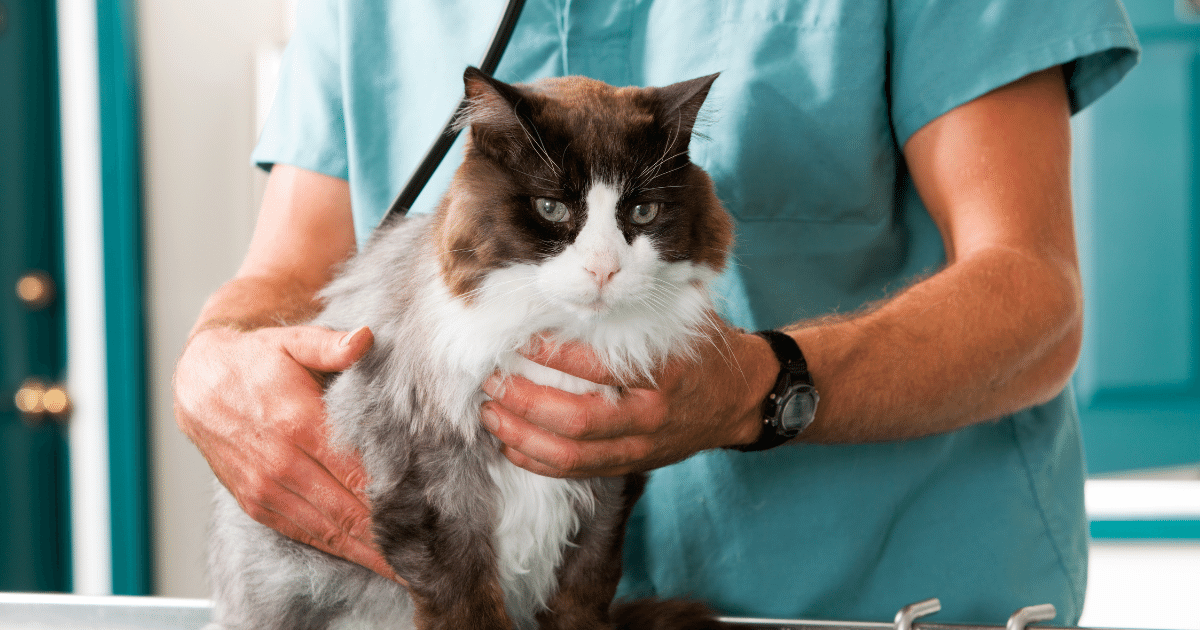Uncategorized
The Importance of Regular Vet Check-Ups for Cats
Regular veterinary check-ups are crucial for maintaining the health and well-being of our beloved feline companions. Cats, whether indoor or outdoor, require routine vet visits to ensure early detection and prevention of potential health issues. In this article, we will explore the importance of regular vet check-ups for cats, answering common questions and highlighting the significance of proactive veterinary care.
Do cats need regular vet visits?
Absolutely! Regular vet visits are essential for cats of all ages, regardless of their lifestyle or apparent health. Cats are masters at hiding illness, and early detection of health problems is key to providing timely treatment and preventing further complications.
Why do cats need vet visits?
Regular vet visits serve several vital purposes for cats:
- Preventive Care: Veterinarians can provide vaccinations, flea and tick prevention, and deworming treatments to protect your cat from preventable diseases.
- Early Disease Detection: Regular check-ups allow veterinarians to assess your cat’s overall health, conduct screenings, and perform diagnostic tests to identify potential health issues before they become serious.
- Dental Health: Cats commonly suffer from dental problems such as periodontal disease. Regular vet visits include oral examinations and dental cleanings to maintain your cat’s oral health.
- Nutrition and Weight Management: Vets can provide guidance on proper nutrition, portion control, and weight management to help prevent obesity-related health problems in cats.
What do vets check for in cats?
During a cat’s veterinary check-up, veterinarians typically perform the following examinations and assessments:
- Physical Examination: Vets evaluate your cat’s overall appearance, body condition, and any visible signs of illness or discomfort.
- Vital Signs: They measure your cat’s temperature, heart rate, and respiration to assess their overall health.
- Vaccination Review: Vets ensure your cat’s vaccinations are up to date and discuss any additional vaccinations required based on their lifestyle and risk factors.
- Parasite Screening: They check for external parasites like fleas and ticks and may conduct fecal tests to detect internal parasites such as worms.
- Dental Assessment: Vets examine your cat’s teeth, gums, and mouth for signs of dental disease and may recommend dental cleanings or treatments if necessary.
- Blood Work: In some cases, vets may recommend blood tests to evaluate your cat’s organ function, detect underlying health conditions, or monitor existing medical conditions.
Do indoor cats need to go to the vet every year?
Yes, even indoor cats should visit the vet annually. Although indoor cats may have a lower risk of certain diseases and injuries, they are still susceptible to various health issues. Regular vet visits ensure that your indoor cat receives preventive care, dental evaluations, and overall health assessments.
Is it okay if I never take my cat to the vet?
Neglecting regular veterinary care for your cat can have serious consequences. Cats can develop health issues that may not be apparent without a thorough examination by a veterinarian. Regular vet visits allow for early intervention, prompt treatment, and overall better health outcomes for your feline companion. It is crucial to prioritize your cat’s health and well-being by scheduling routine vet check-ups.
Conclusion:
Regular vet check-ups are vital for the health and longevity of our feline friends. Through preventive care, early disease detection, and comprehensive assessments, veterinarians play a crucial role in ensuring our cats lead healthy lives. Remember, for trending and high-quality pet products to support your cat’s well-being, explore the offerings at ChimpyTrendy. By proactively scheduling and attending regular vet check-ups, you can provide the best possible care for your beloved cat and enjoy many happy and healthy years together.


